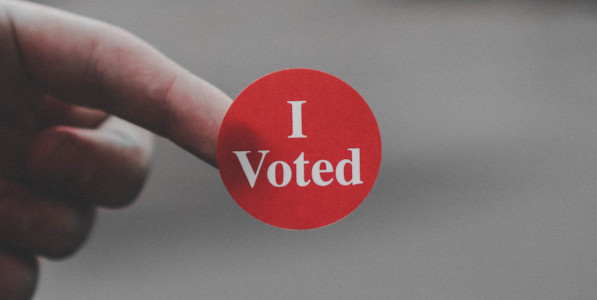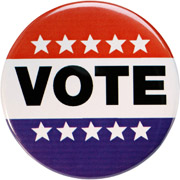Election Insights 2022
Research-based perspectives from MIT

In advance of the November midterms — an election taking place against a backdrop of bitter division and sometimes violent extremism — SHASS asked MIT scholars to take stock of this political moment. What does 2022 portend for established democratic institutions, for civic discourse, for a government capable of finding solutions to challenges both within and beyond our borders?
Here, our faculty offer perspectives on the meaning of the midterms and on what may come next.
Installments to this series will be posted on this page leading up to the election.
And remember — VOTE NOVEMBER 8th!
|
Democracy in the balance? |
|
|
From dog whistles to claxons |
|
|
Resilient institutions or power games |
|
|
Broken jobs, broken media, and working-class voters |
|
|
|
|
|
Suggested Resources How to Vote in Every State
|




